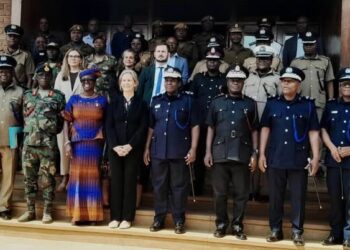There is something to be said for a party that has stood the test of time. Through Kamuzu’s iron-fisted charm, the wilderness years of opposition, and the cocktail party that is coalition politics, the Malawi Congress Party (MCP) has managed not only to survive but to remain an enduring symbol of discipline, national identity, and political maturity.
As Malawi turns 61, we take a moment, just a quick moment not too sentimental, to reflect on the party that gave this country its first taste of independence and continues to provide (mostly) steady leadership in the ever-whirling circus of national affairs.
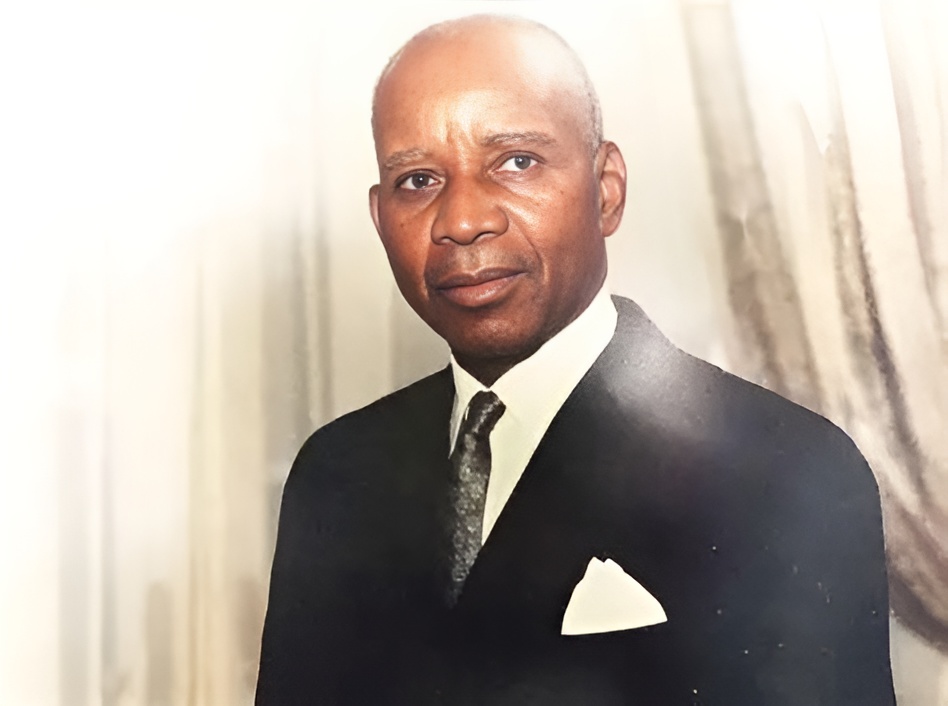
From Independence to Influence
Born in 1959, the MCP came storming into national consciousness like a headmaster with a cane in one hand and a development plan in the other. Under the tutelage of Hastings Kamuzu Banda a man so meticulous he probably ironed his own thoughts before speaking them, the MCP crafted a post-independence identity of unity, discipline, and infrastructure-first governance.
Bridges, roads, schools and one could even argue a sense of self-respect were laid down in straight lines, just like Banda liked it.
Of course, democracy came knocking in 1994, and Kamuzu, ever the patriot, opened the door.
While many other liberation movements on the continent fragmented like poorly baked scones, the MCP slipped gracefully into opposition benches, wearing its black, red, and green like a tailored suit at a village wedding. It didn’t shout. It didn’t riot. It endured.
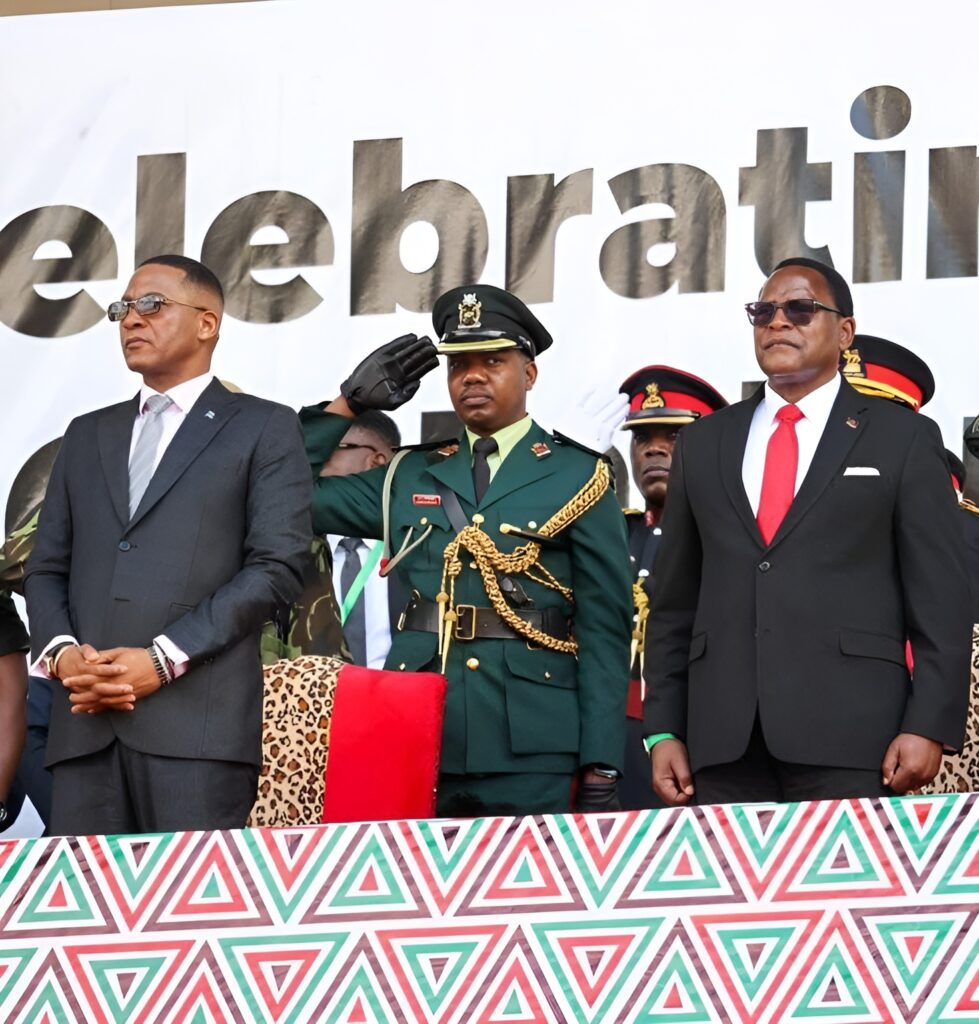
The Chakwera Chapter: Order Meets Eloquence
Enter Reverend Dr. Lazarus Chakwera: eloquent, calculated, and possessing the kind of calm that unnerves political streetfighters.
Since assuming leadership, Chakwera has performed the elegant ballet of modernizing the party while staying true to its conservative soul. Yes, there have been stumbles and we’ll get to those but in a political landscape populated by noise and nostalgia, Chakwera has mostly offered clarity.
He is not without his critics, of course.
His emphasis on institutionalism and process can sometimes feel like he’s trying to serve crème brûlée to a nation that just wants chips. But as anyone with a functioning memory will recall, the alternative is often chaos disguised as charisma.
When Order Meets Opportunists
No house is without rats, and the MCP has had to keep an increasingly watchful eye on its rafters.
Recent events have shown that some figures, whose understanding of the party’s ethos appears limited to knowing how to wear the uniform, have taken it upon themselves to rewrite the rulebook preferably with a panga.
Let’s talk about Richard Chimwendo Banda. Now here is a man who seems to believe that loyalty to the party is best proven through intimidation and strategic chaos. His approach to politics could best be described as “village wrestling match meets Game of Thrones.”
Primary elections in constituencies like Zomba Chingale have become dramatic theatre except the stage is a dusty ground, the script is missing, and violence is the punchline.
The beating of Mrs. Lorna Mungomo an episode so crude it could have been written by a drunk screenwriter was a new low. And yet, somehow, Chimwendo and his ilk continue to operate with impunity, straining the very values the MCP was built on.
In the north, we witness the attempted marginalisation of Vitumbiko Mumba, a man who dares to use proper grammar, strategy, and issue-based rhetoric in a party that was once known for such things.
The backlash to his rise is telling. It’s not ideology that’s at war here it is, to borrow Foster Ntandama’s language, Mafia type habits clawing at new standards.
The Eastern Equation
Let us speak plainly: the east is ripe.
Politically speaking, of course. It holds the swing potential that could secure MCP a solid 50+1 footing. And yet, instead of rolling out policy, vision, and respectful engagement, the party risks allowing Machiavellian amateurs to turn it into a cockfight arena.
The region deserves better. The party deserves better. Malawi deserves better.
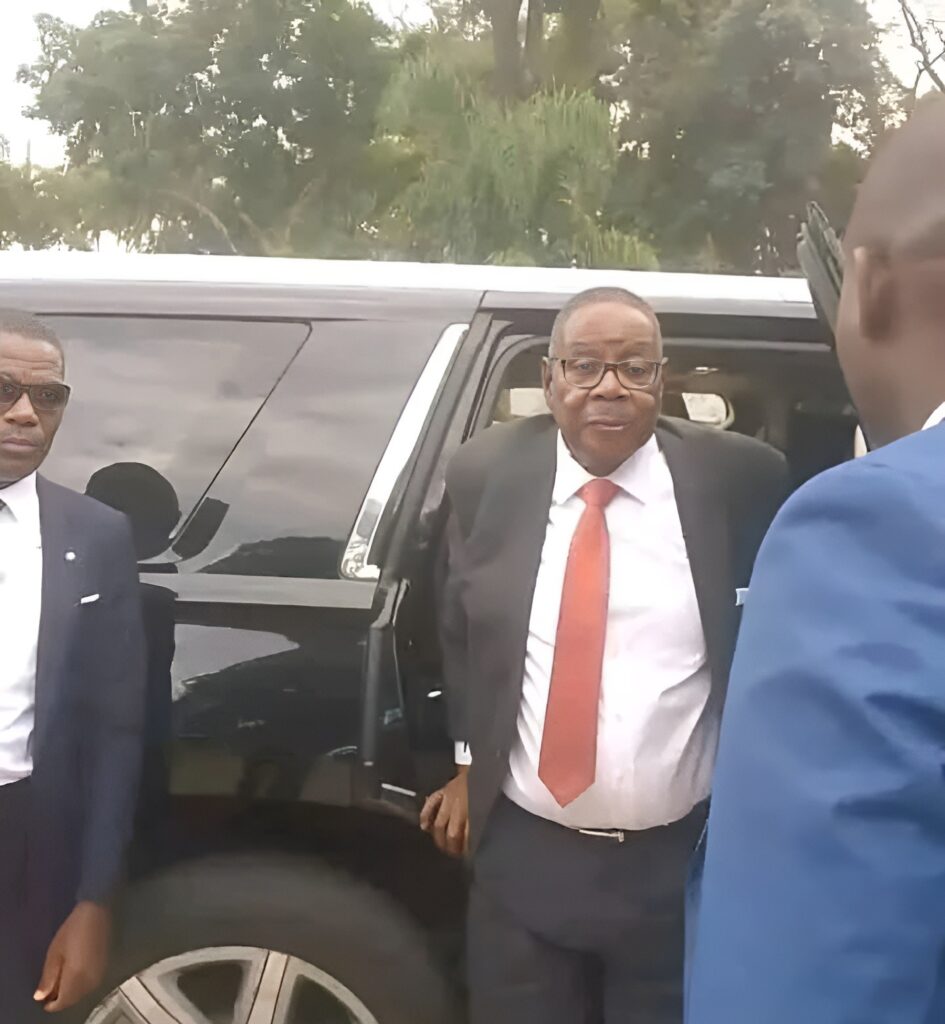
A Glance at the Alternatives (For Comic Relief)
Let’s momentarily peer across the aisle.
The DPP, still clinging to Arthur Peter Mutharika like an expired driving licence, offers little more than promises dusted off from 2014.
The IMF’s seemingly hands-off approach during his tenure wasn’t out of admiration it was strategy. The Rainbow Mafia, as some might call them, had plans. Not economic ones. Cultural ones. And Mutharika, far from being a reformer, was merely the gatekeeper.
“Expert” is a generous title for a man who outsourced both thinking and walking.
Bingu wa Mutharika’s first term was respectable but let’s not pretend it wasn’t because the MCP, led by John Tembo, effectively held him hostage in Parliament.
That period wasn’t a collaboration. It was an intervention.
Bingu governed like a man with his hand in a mousetrap. It worked. Until it didn’t. When he secured his so-called “landslide,” the real Bingu emerged: paranoid, egotistical, and shall we say diplomatically clumsy. Kicking out the British envoy? Bold. Suicidal, but bold.
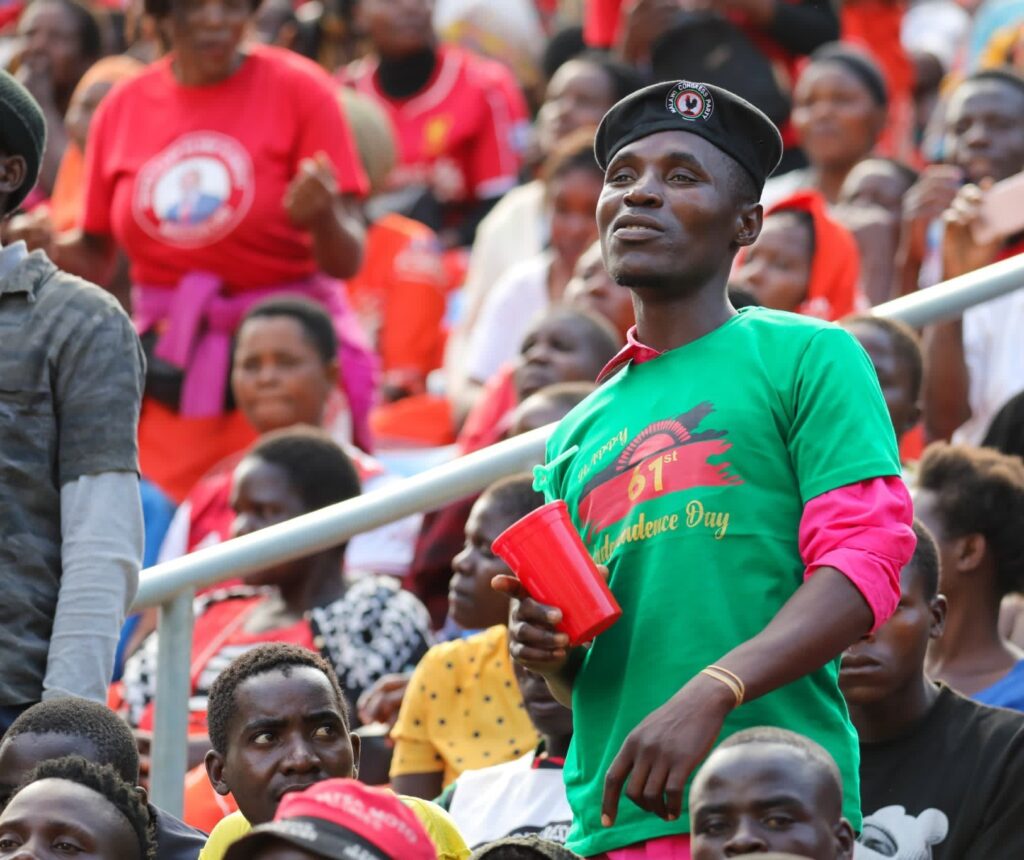
Still Standing
In a world where parties are born at a press briefing and die at a bribery hearing, the MCP remains the closest thing Malawi has to institutional memory.
It is disciplined, deliberate, and when it wants to be devastatingly effective. It must now decide whether it will allow internal saboteurs to cheapen its legacy, or whether it will trim the weeds and let the rosebushes bloom.
So here’s to 61 years. To Kamuzu. To Chakwera. To the youth. To the elders. And even reluctantly to Chimwendo. May you soon find a better hobby.
— The Satirist





